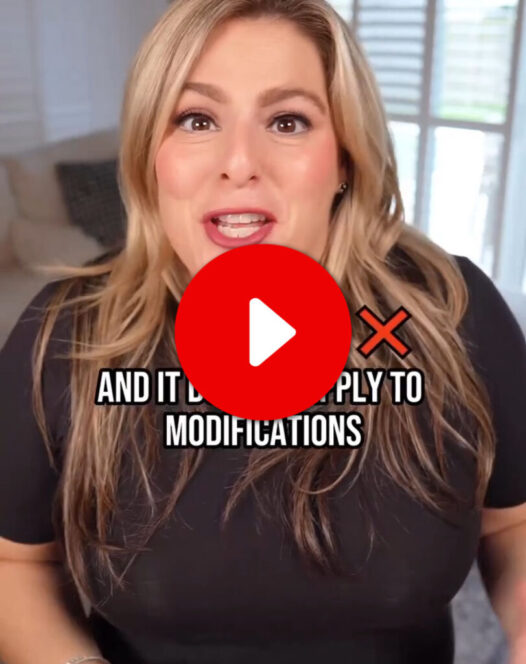SB 1416 eliminates permanent alimony in Florida.
“One of the bigger things this bill does is it completely does away with permanent alimony,” said Family Law Attorney Sara Singer. Adding this is a large bill with a lot to unpack. Sara Singer will be uploading a series on TikTok and Instagram in the coming days to help the general public better understand the impacts this bill will have on Floridians.
This is the largest change to laws pertaining to alimony in decades.
@floridadivorcelawyer 👀 Florida Gov. DeSantis signs bill ending permanent alimony! This bill is a big one, so we have a lot to unpack. Here are a few of the biggest things that stick out! Leave your questions in the comments and I'll go over them in my next live! 🎥 . #alimony #alimonyreform #familylaw #floridalaw #floridadivorcelawyer #permanentalimony #alimonyreformbill #floridadivorce ♬ original sound – Florida Divorce Lawyer
SB 1416 went into effect July 1, 2023, and is causing an uproar in Florida. With many taking to social media and the news to express their concerns for what this bill will do to them.
What is the new alimony law in Florida 2023?
DeSantis signed SB 1416 into law with an effective date of July 1, 2023. This is a massive bill with various parts to it. Here are some highlights of the bill.
2023 Alimony Reform Bill Summary:
- The bill applies to any cases filed after July 1, 2023, and to pending cases.
- The bill completely does away with permanent alimony.
- Marriage terms are redefined as follows:
- Short-term marriages are those with a duration of 10 years or less.
- Moderate-term marriages are between 10 and 20 years.
- Long-term marriages are defined as those of 20 years or more.
- The need for maintaining the quality of life during marriage was removed.
- Durational alimony is capped based on the length of the marriage. For an ex-spouse seeking durational alimony, the maximum length is as follows:
- If you were married for less than three years, you do not qualify for durational alimony payments.
- 50% of the term of a short-term marriage
- 60% of the term of a moderate-term marriage
- 75% of the term of a long-term marriage
- Rehabilitative alimony has a 5-year durational limit.
- Alimony payers can seek a modification if they can prove their ex-spouse is involved in a “supportive relationship” within the previous year.
- If an alimony payor is retiring or their conditions change, they can now seek a modification based upon their retirement.
- The possibility of lump-sum alimony payments was added.
- “Investments of any asset” was removed from consideration by the court.
- A judge can terminate or reduce alimony payments after considering various factors.
- Non-modifiable agreements are not affected by the new Alimony Reform Bill SB 1416.
Commonly Asked Alimony Questions
What if I have permanent alimony in my prenup?
If you have a prenup or postnup in place and in either of those documents you list permanent alimony as an option if you are divorced, then those conditions are taken into account for your divorce.
As long as you have a legitimate and enforceable prenup or postnup, anything outlined in those documents takes priority over any laws or bills that are passed.
You have the option of adding your own unique conditions and alimony payment calculations when writing your pre or post-nup. New laws can be passed, and laws can be altered, which is why having your own documentation in place is crucial for ensuring a favorable and fair outcome for you and your spouse.
What can I do to modify my alimony payments?
Contact the Law Offices of Sara J. Singer today for a consultation.
If you want to modify your alimony payments, the first thing you need to do is speak with an experienced Florida Alimony Attorney.
After your initial consultation, your attorney will determine if you qualify for a modification. If a modification is an option, then your attorney will outline the next steps for you.
When does SB 1416 take effect?
The Alimony Reform Bill (SB 1416) took effect July 1, 2023, and applies to any new cases filed after this date or to pending cases.



